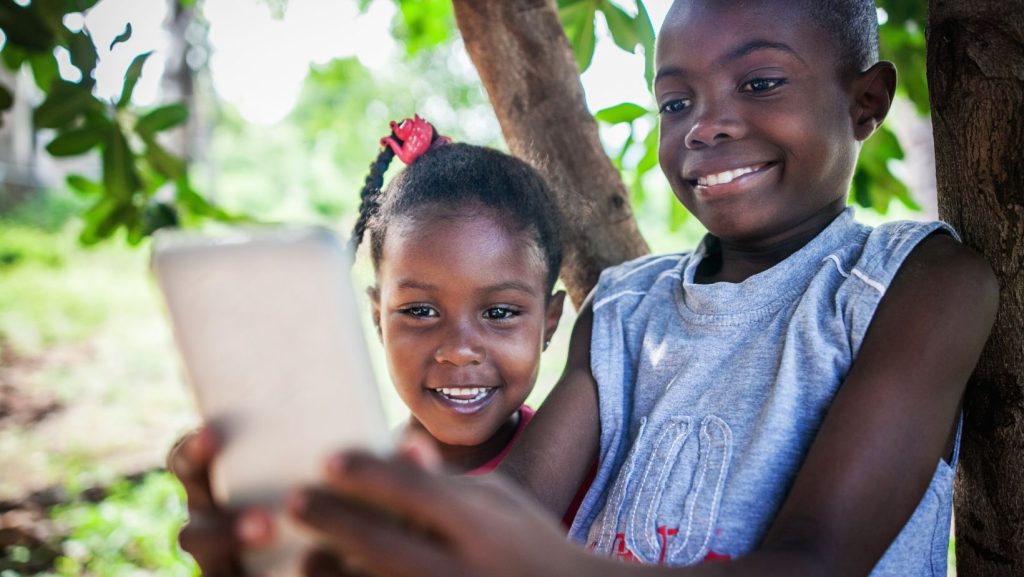
Chinese have consistently taken a radical approach to policy making. To address their burgeoning population, China introduced the one-child policy. Years later, Chinese parents imposed a three-hour-per-week limit on minor’s video game usage, while also cracking down on the content that teenagers under eighteen can access on TikTok and restricting their overall screen time. Recently, in a bid to encourage younger people to marry, in some parts of China cash rewards and benefits were introduced. Now, the focus is on waging a war on teenager’s screen time and internet access.
The Cyberspace Administration of China (CAC) proposed regulations mandate that all smartphones come with a “minor mode” feature for users under the age of 18, which should be easily accessible on the home screen icon or in the system settings of the device when the phone is powered on. CAC has proposed to limit sixteen- to -seventeen-year-olds to two hours of mobile internet usage a day. Eight- to -fifteen-year-olds would be limited to one hour, while users under eight would be limited to 40 minutes. The restrictions would also stop minors from using the internet between 10 PM to 6 AM.
The World Health Organisation (WHO) has conducted an extensive study on the regulation of internet usage by minors. The recommendation was for two- to four-year-olds to receive less than an hour of screen time per day, with no screen time allotted for those under two years of age. How plausible are these restrictions when so much of the schooling relies on it? Moreover, in light of the COVID-19 pandemic, many learners have become accustomed to accessing the internet and taking online lessons, some even opting to not return to formal school and continue learning exclusively online. Thus, any restrictions placed on technology must take into consideration the context of the current environment, as well as the reality that technology is necessary for education to thrive.
In 2021, the Chinese government implemented measures to curb private tutoring and reduce the amount of homework given to children; nevertheless, this led to the emergence of an underground market for private tutoring. In Zimbabwe, there is a high level of screen time among minors. The internet is used extensively for recreational activities, gaming, research, and even professional work. Despite the difficult socio-economic climate in Zimbabwe, youth have been forced to find innovative ways to make money. Social media influence, digital marketing, online betting and e-commerce are just some of the ways that young people are generating much-needed income.
The Kenyan government has sought to ban TikTok, claiming it is detrimental to the nation’s culture. However, some organizations have pointed to the employment opportunities that TikTok has provided for young people, proving its worth to society. In order to effectively address this issue, TikTok CEO Shou Zi Chew held a meeting with Kenyan President Ruto to discuss the implementation of content filters. Somalia has announced that it will be banning TikTok and Telegram. Are these examples from Somalia, Kenya, and China a sign that individuals and communities are making progress in preserving and protecting their people? Are these efforts just delusions of grandeur, a futile attempt to battle a seemingly unbeatable monster?

Parents are parenting in a very difficult time due largely to the emergence and spread of the internet. The internet has become a pervasive force, resembling an alarming nuclear cloud that has enveloped the whole world. It has given advertisers a gateway into our deepest desires. It has caused attention spans to run frighteningly short. Children have become targets for pedophiles lurking behind computer screens. Human intelligence is being challenged by the advances in artificial intelligence (AI).
Studies show that AI technology is rapidly advancing, and is surpassing humans in areas such as pattern recognition, language processing, and predictive analytics. As AI continues to evolve, the potential impacts on human intelligence are becoming increasingly clear, and are spurring a lively debate on the implications of this technology for humanity’s cognitive future. Though these are problems we face due to the widespread nature, something can definitely be done. Do the Chinese have the answer?




